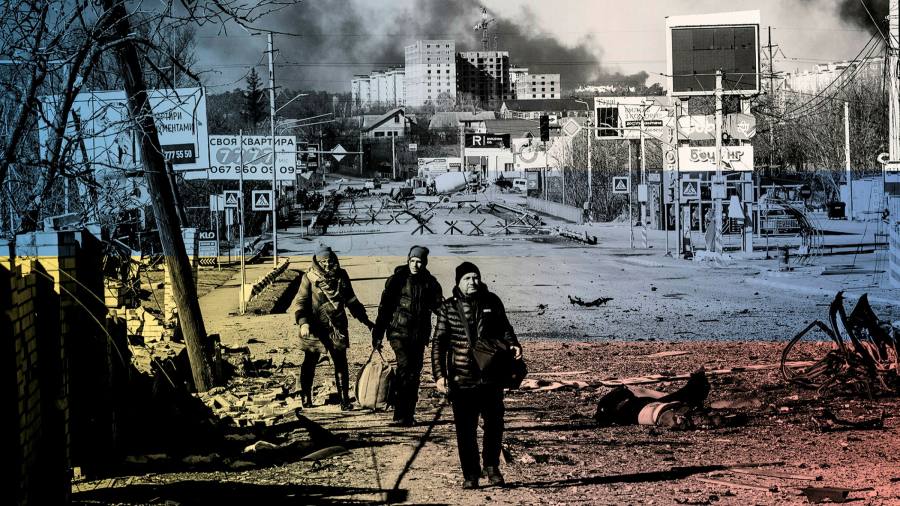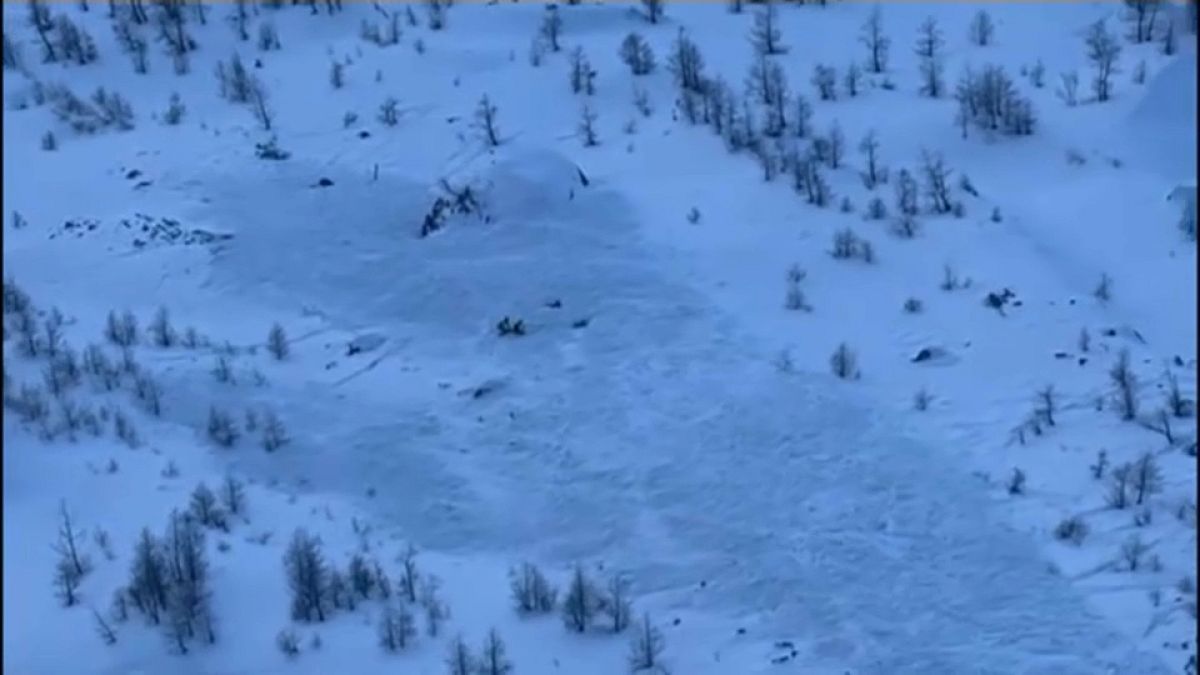The California wildfires could be the costliest disaster in US history, the state’s governor said, as forecasts of heavy winds raised fears that the catastrophic blazes would spread further.
In remarks to NBC’s Meet the Press on Sunday, Gavin Newsom said the fires — which have burnt through more than 40,000 acres, according to CalFire, the state’s forestry and fire protection department — would be the worst the country has seen “in terms of just the costs associated with it, [and] in terms of the scale and scope”.
He added that there were likely to be “a lot more” fatalities confirmed. The death toll on Saturday evening stood at 16, according to Los Angeles authorities.
The prospect of a pick-up on Sunday in the Santa Ana winds that have fanned the flames has left tens of thousands of residents under evacuation orders. The fires were threatening homes in upscale Mandeville Canyon and the Brentwood neighbourhood, although officials said they had made progress in stemming the advance there.
The National Weather Service has forecast gusts of between 50mph and 70mph, while drought conditions remain.
“We know that elevated critical fire conditions will continue through Wednesday”, Los Angeles County fire chief Anthony Maroney said on Sunday.
LA is experiencing its second-driest start to its rainy season in more than a century, according to the non-profit Cal Matters news service. Halfway into the season, LA has only recorded about 0.2 inches of rain since October -— well below the 4.5 inches that is common by January.
Newsom, a Democrat, responded to a barrage of attacks from Donald Trump. The incoming Republican president has accused the governor of depleting water reserves to protect an endangered species of fish, and of refusing to sign a “water restoration declaration” that would have “allowed millions of gallons of water . . . to flow daily into many parts of California”. Newsom’s office has said no such declaration exists.
Trump, who has a long-standing feud with Newsom and refers to him as “Newscum”, also called on the Californian to resign, accusing him of “gross incompetence”.
“The reservoirs are completely full, the state reservoirs here in Southern California,” Newsom said.

“That mis- and disinformation I don’t think advantages or aids any of us,” he added. “Responding to Donald Trump’s insults, we would spend another month. I’m very familiar with them. Every elected official that he disagrees with is very familiar with them.”
Newsom also said he had invited the president-elect to visit the affected areas, but had yet to receive a response from the Trump transition team.
Firefighters have tamed three fires since Tuesday, including the Sunset blaze that threatened the Hollywood hills. The Hurst fire in the San Fernando Valley, north of Los Angeles, was 80 per cent contained on Sunday afternoon.
But firefighters are still struggling to tame the two biggest blazes. Newsom said on social media platform X that the Palisades and Eaton fires were 11 per cent and 27 per cent contained. Thousands of firefighters have been deployed to battle the Palisades fire with heavy trucks and air support, the mayor’s office said Sunday. The city has also opened shelters to affected families.
The Federal Emergency Management Agency (Fema) has staff in LA to help Angelenos apply for disaster relief, while the Federal Small Business Administration is offering home and business disaster loans.
Newsom issued an executive order that he said would prevent those who lost their homes from being “caught up in bureaucratic red tape” so they could quickly rebuild.
The head of Fema on Sunday raised the prospect of US troops being sent to Los Angeles to help control the blaze.
“There are active-duty military personnel that are on a prepare-to-deploy order, that are ready to go in and continue to support the firefighting effort,” Deanne Criswell told ABC’s This Week programme. Speaking on CNN, she warned that strong winds expected in the coming days could spread the fire further.

No official estimate of the cost of the damage has yet been released, but analysts at AccuWeather last week calculated the economic loss to be between $135bn and $150bn — short of the $250bn cost associated with last year’s Hurricane Helene. At least 12,300 structures had been destroyed, according to CalFire.
President Joe Biden on Thursday pledged that the US government would pay for “100 per cent of all the costs” created by the disaster, and would ask Congress for more financial aid.
Trump, who on the campaign trail last year threatened to withhold disaster funding from California, has thus far remained silent on whether he would provide similar assistance. On Sunday, he renewed his attacks on the state’s officials.
“The incompetent pols have no idea how to put [the fires] out,” he wrote. “There is death all over the place. This is one of the worst catastrophes in the history of our country. They just can’t put out the fires. What’s wrong with them?”






















/cdn.vox-cdn.com/uploads/chorus_asset/file/25822586/STK169_ZUCKERBERG_MAGA_STKS491_CVIRGINIA_A.jpg)


